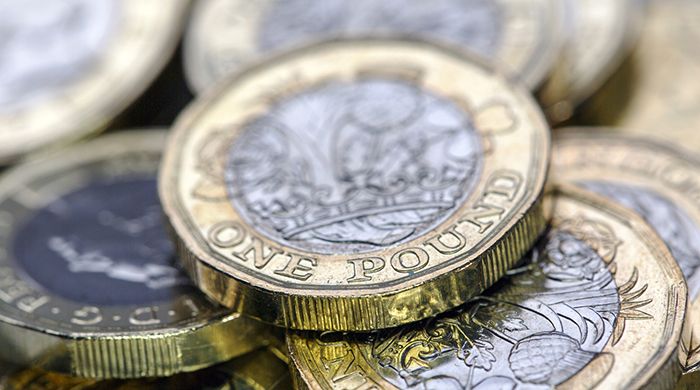
UK inflation hit 2.1% in May, show latest data from the Office for National Statistics.
Driven by an increase in the price of fuel, clothes and cultural goods, the latest figure is a significant rise on April’s 1.5% inflation rate and marks the first time it has passed the Bank of England’s 2% target since July 2019.
Earlier this month, BoE chief economist Andy Haldane penned an opinion piece in the New Statesman, in which he warned that despite a widespread belief that rising inflation is temporary and driven most by a lack of supply meeting rising demand, this is still, “the most dangerous moment for monetary policy since inflation-targeting was first introduced in the UK in 1992.”
“The inflation tiger is never dead,” he continued. “While nothing is assured, acting early as inflation risks grow is the best way of heading off future threat. This is monetary policy 101.”
And across the pond yesterday, the US Bureau of Labour Statistics released figures showing a 5% rise in inflation, up from 4.2% in April. This is the highest US inflation figure since August 2008.
Hargreaves Lansdown personal finance analyst Sarah Coles says: “There’s every chance that this won’t last. The BoE is certainly hoping this is just a blip that will drop back when figures from last spring and early summer fall out of the annual comparisons.
“However, we’ve seen over the past year and a half just how forecasters can be wrong-footed by a rapidly changing environment. There’s still the chance that the fact the government has spent more than a year printing money and then handing it out to people at record levels will mean that as soon as we feel more confident, we’ll spend our way to higher prices.
“If that happens, the BoE’s prediction that inflation will fall back under its target in a matter of months starts to look like wishful thinking.”
Financial Markets Online director Sam Fuller adds: “Some of the surge in inflation can be explained away by temporary supply issues and the one-off effect of May’s big easing of lockdown restrictions.
“Nevertheless, the BoE will be on red alert. If inflation continues to rise, the likelihood of it weighing in will increase steadily.
“Economic growth is strong but not inevitable. GDP grew by 2.3% in March alone, its fastest rate since last summer – but that progress could quickly be undermined by uncontrolled inflation. Rising consumer prices are now a big red warning light for both the bank and the markets – and sentiment has been rattled.”



